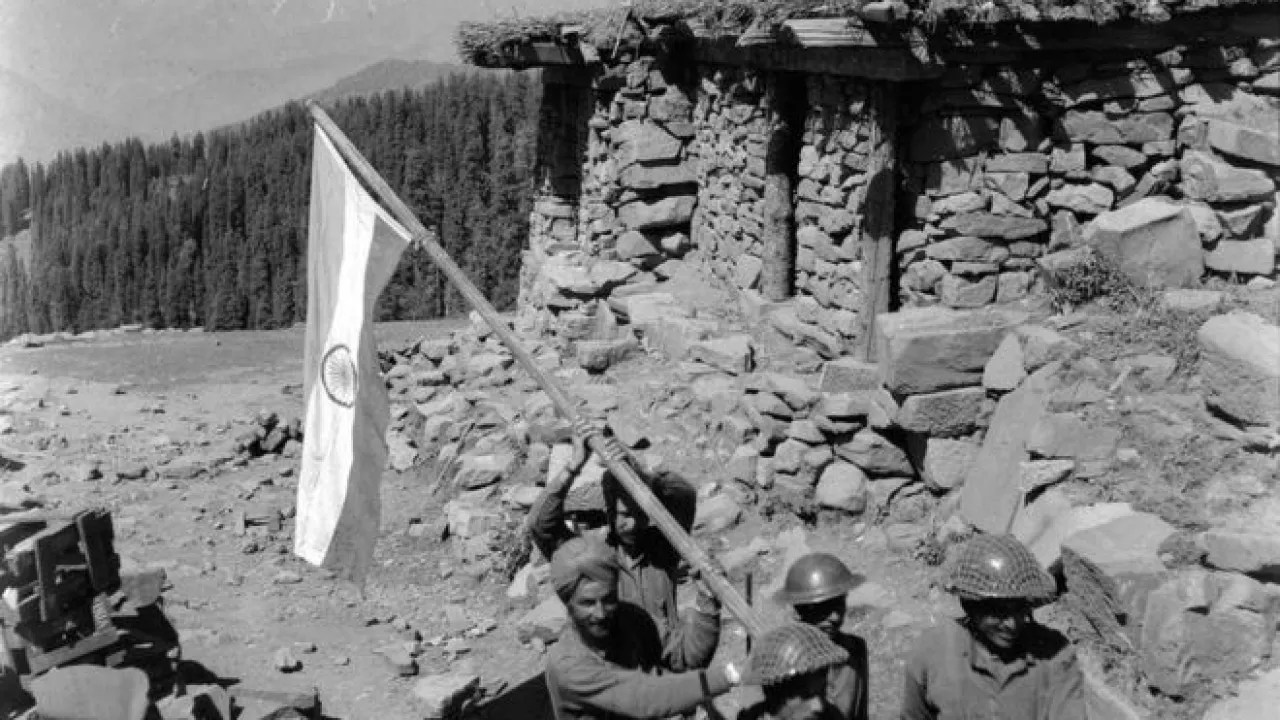Urban Acres | Geopolitical Sustainability Desk | April 26 2025
More than six decades after the guns fell silent over the rugged terrains of Haji Pir Pass during the 1965 Indo-Pakistani War, the decision to return the captured territory remains a deeply instructive moment in India’s strategic history.
Beyond its immediate military consequences, the episode offers crucial lessons for today’s policymakers striving to align security, sustainability, and national development in a fragile and contested region.Captured through exceptional military bravery, the Haji Pir Pass had offered India more than just a tactical upper hand. Sitting at 2,637 metres in the Pir Panjal range, it controlled the critical infiltration routes from Pakistan-occupied Kashmir (PoK) into the Kashmir Valley. Militarily, it shortened the distance between the strategically vital towns of Poonch and Uri from 282 kilometres to just 56 kilometres — a game-changer not just for troop movement, but for civilian connectivity and economic integration.
However, the victory was short-lived. Under the diplomatic terms of the Tashkent Agreement, signed under international pressure in January 1966, India returned the Haji Pir Pass to Pakistan. While seen at the time as a gesture toward peace, the long-term strategic, environmental, and developmental costs of that decision have been significant.From a geopolitical lens, surrendering control of Haji Pir re-exposed India to continued cross-border infiltration and instability. The pass remains an active corridor for the movement of militants and arms into Jammu and Kashmir, necessitating heavy and continuous military deployments in the region. The security costs, both in terms of financial resources and human lives, have been enormous over the decades.
also read :https://urbanacres.in/city-water-supply-hit-by-pipeline-damage-2/
But there is an equally important and often overlooked dimension: sustainability and regional development. Had India retained the Haji Pir Pass, the dramatically shortened connectivity between Uri and Poonch could have paved the way for a major infrastructural revolution in one of India’s most isolated regions. Shorter road distances mean lower vehicular emissions, faster goods movement, expanded tourism potential, and broader economic participation for remote mountain communities — all of which are pillars of sustainable development.Instead, the protracted security situation has delayed ecological infrastructure development. Border districts have remained under-monetized, underserved, and disconnected — both literally and economically — from India’s broader growth story.
In an era where sustainable, inclusive development is now recognized as a national security imperative, the missed opportunity of Haji Pir stands out even sharper.Today, as India strengthens its focus on sustainable infrastructure in sensitive areas through initiatives like the Border Area Development Programme (BADP), the larger lesson of Haji Pir is clear: sustainable geopolitical strategy demands more than battlefield victories — it demands the long-term consolidation of gains into lasting security, connectivity, and environmental stewardship.
The story of Haji Pir Pass is no longer just about a hill or a tactical position.
It is a reflection of how deeply geopolitics, sustainability, and national development are intertwined. As India moves deeper into the 21st century, building and securing strategic geography must not only be about defending territory — it must also be about creating corridors of prosperity, resilience, and ecological balance for future generations.The mountain we once climbed and descended still casts its long shadow over India’s national ambitions. But it also offers a guide: in the modern world, sustainable strength is strategic strength.
also read : https://urbanacres.in/40496-2cities-embrace-sustainable-resource-revolution/
Haji Pir Pass: The Lost Victory That Still Costs India in Security and Sustainability


